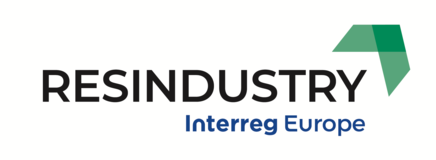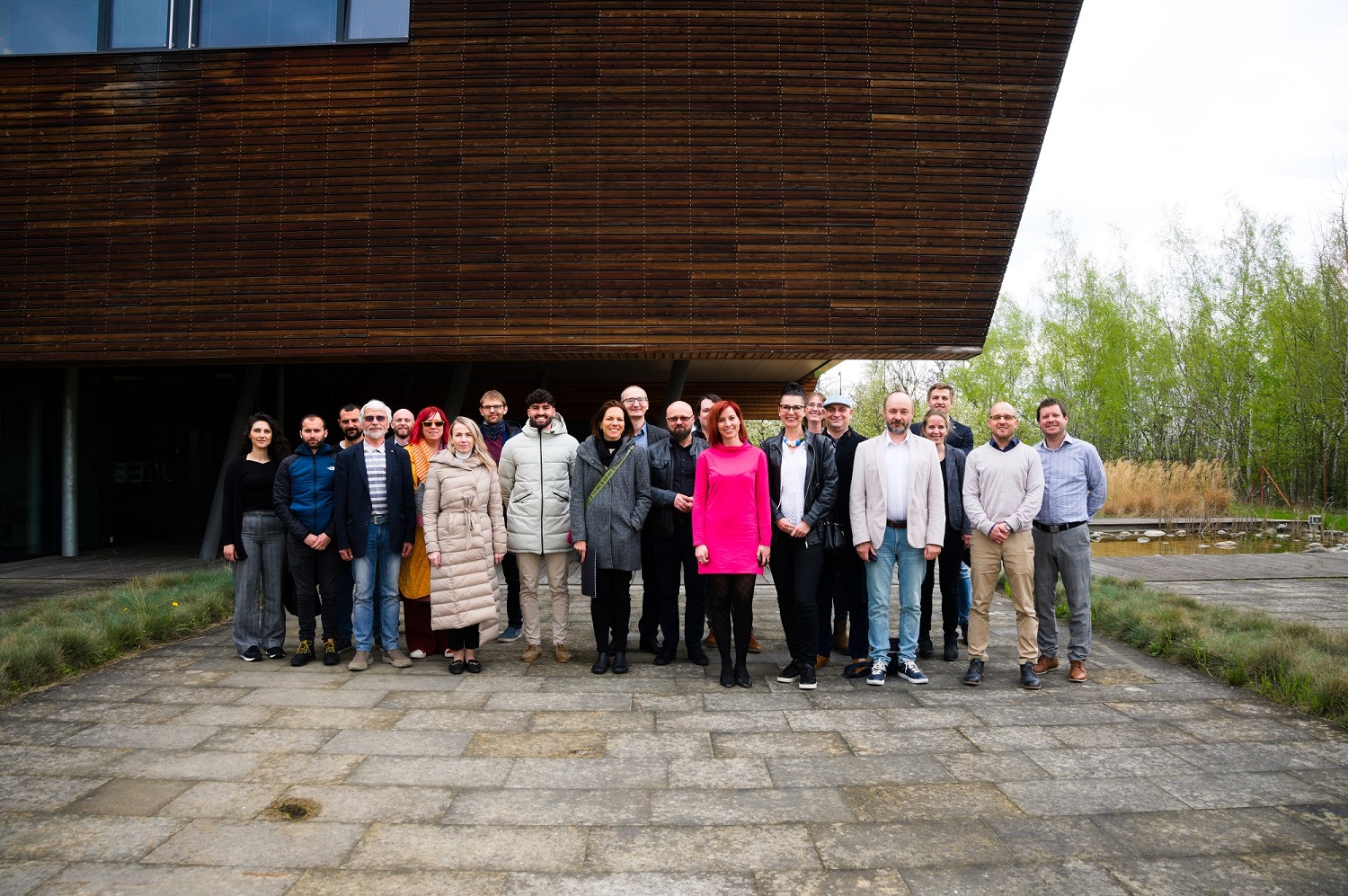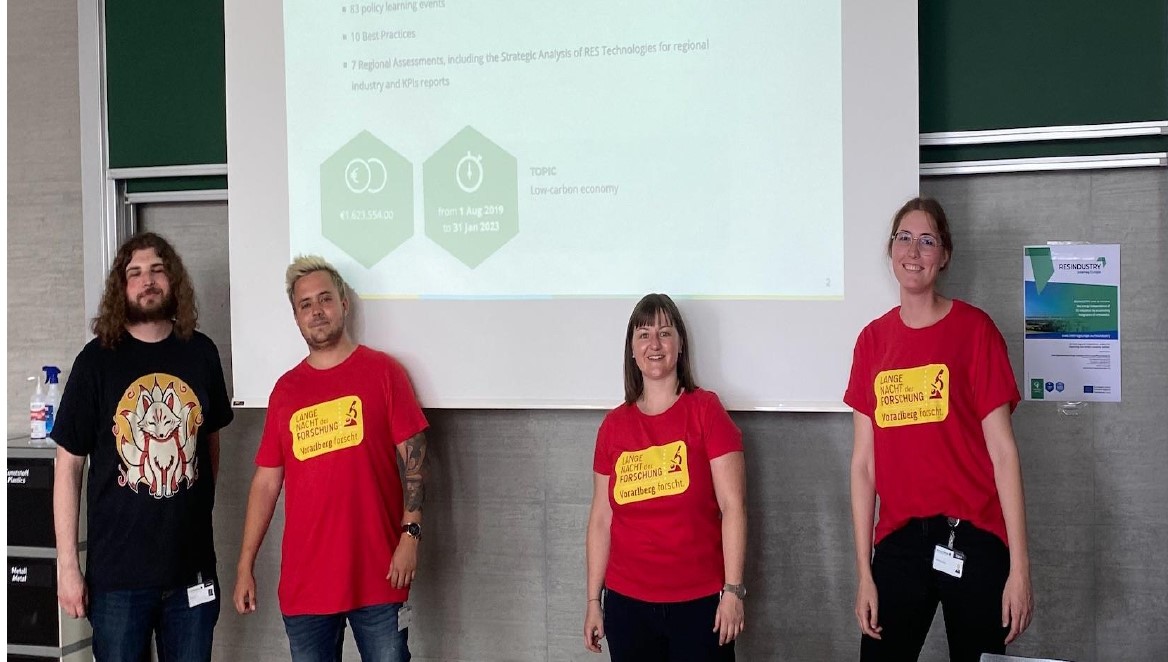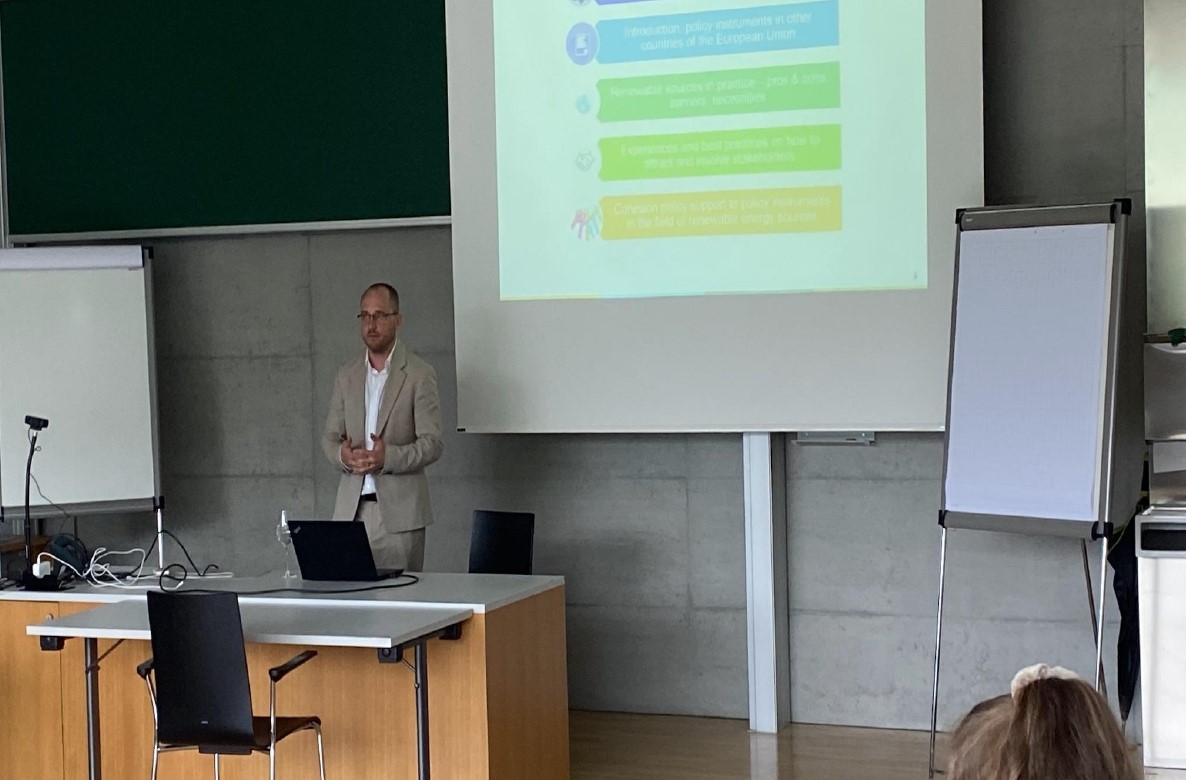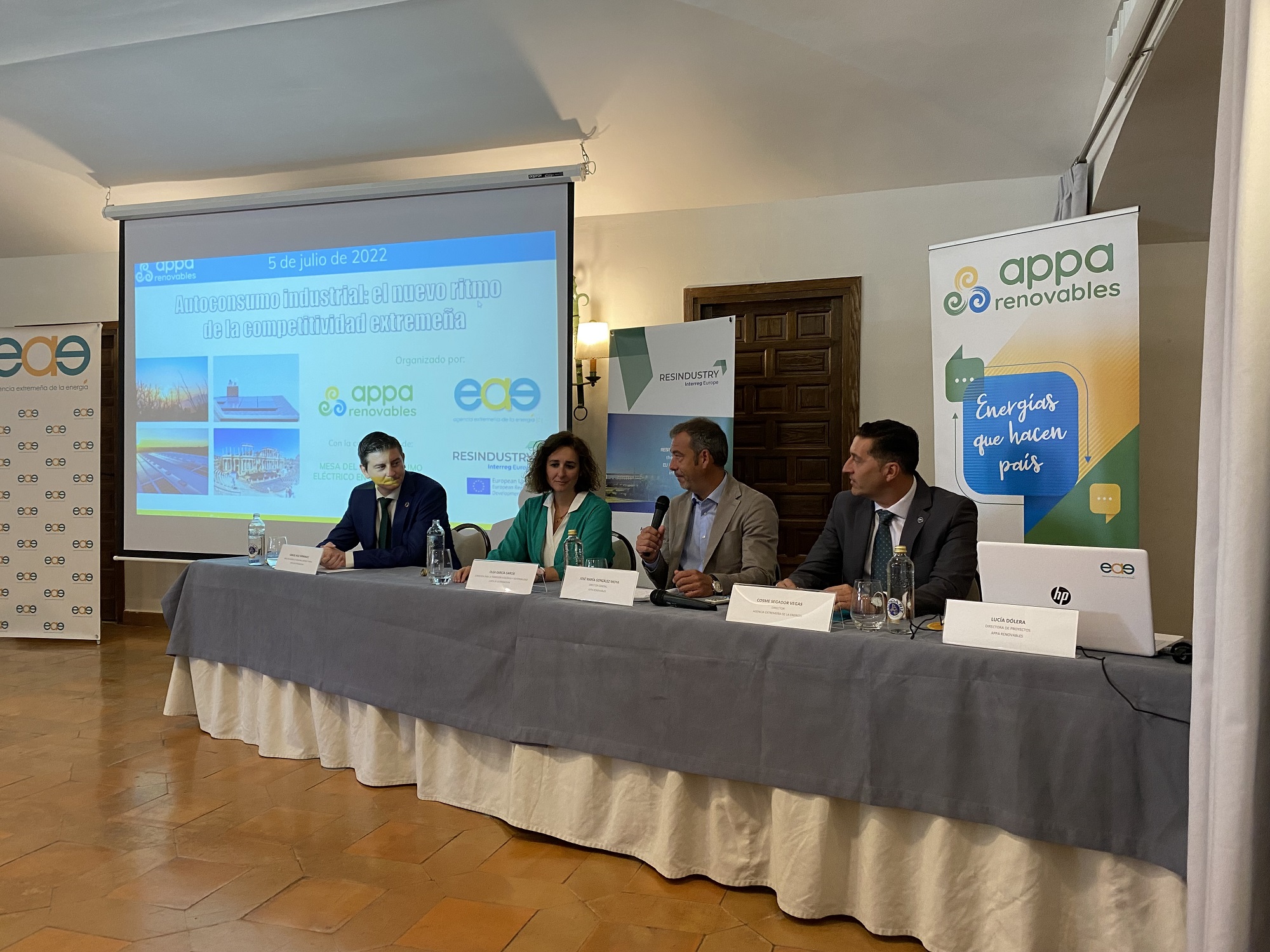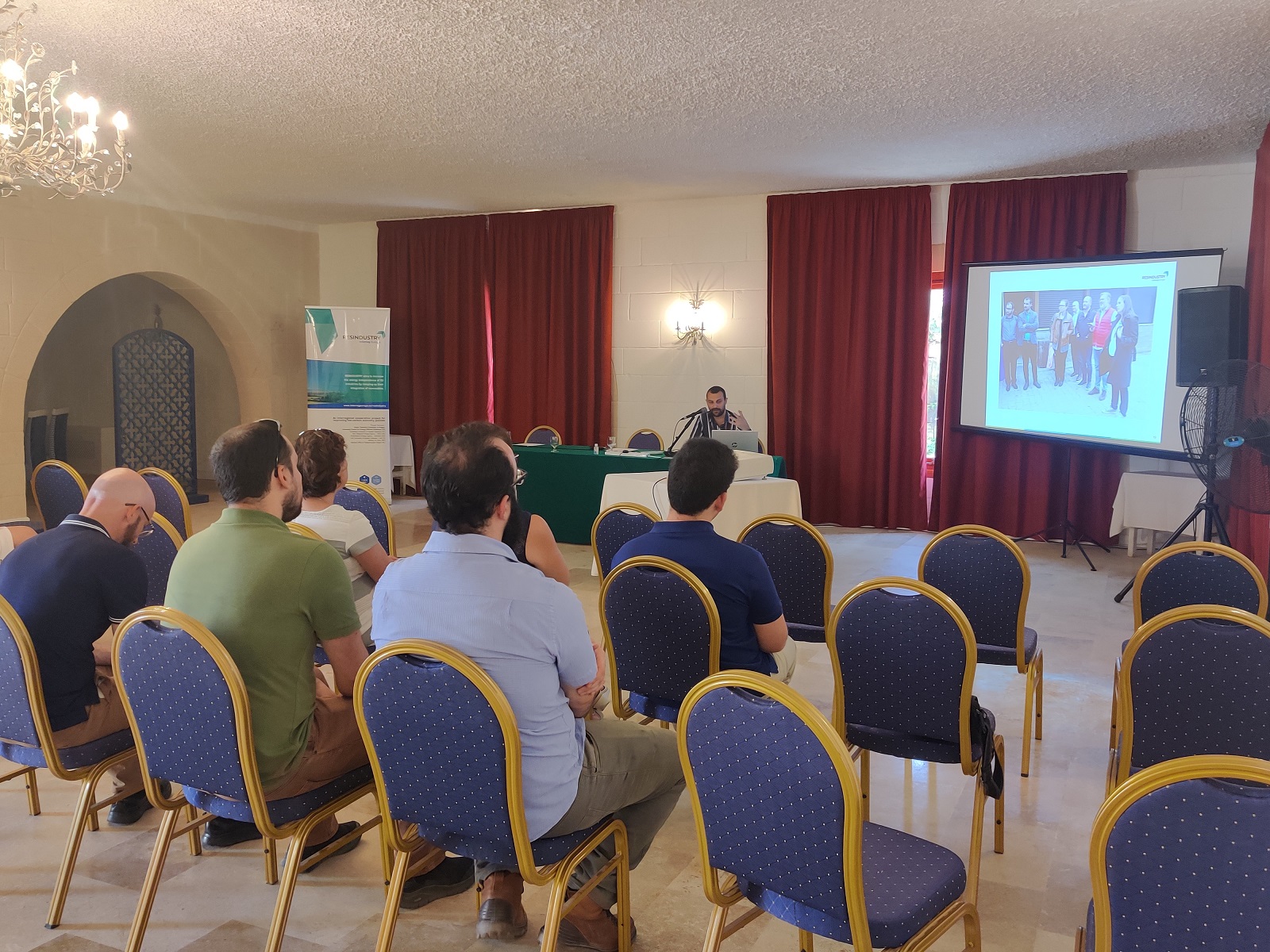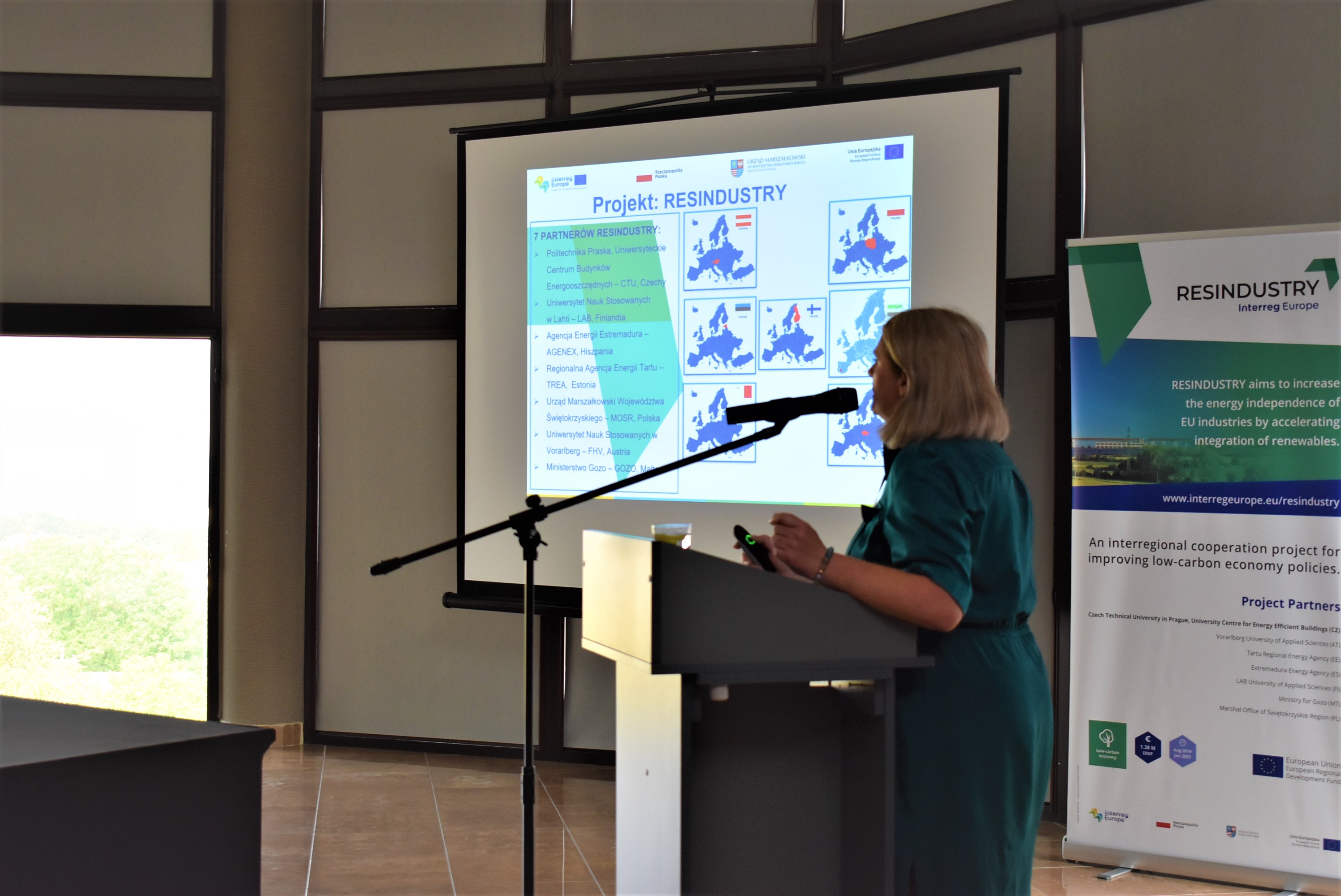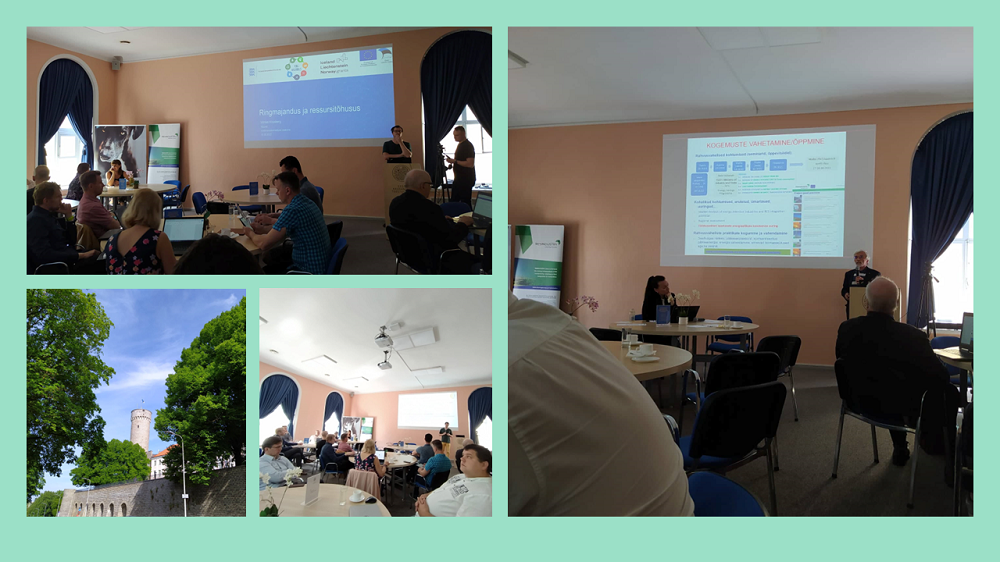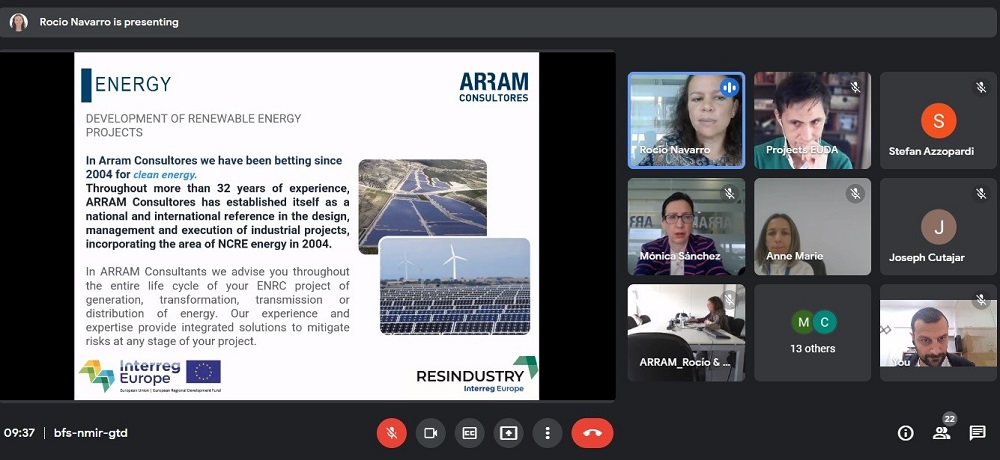For the first time, renewables were the dominant power source in Europe’s electric grid in 2020. Renewables surpassed power generation from fossil fuels by 1 %, leading to 38% of Europe electricity generated by renewables and 37% by its fossil counterpart. Albeit continuous rise of the clean energy share in the energy mix, it is still too slow to meet the new 2030 climate targets aiming to reduce emissions at least 55% from 1990 levels. The share of renewables needs to double by the end of the decade. (European Commission 2021.)
Hydropower is recognized as the largest renewable source of energy. However, solar is the main source of growth, followed by onshore and offshore wind energy. In October 2020, the International Energy Agency named solar PV the cheapest electricity ever since. In most countries, solar technology is now less expensive in comparison with new coal and gas power plants. (EKI 2020.)
A new challenge occurs when increasing the uptake of the weather-depended renewables. That is how to scale up the renewables into a running, inexpensive and efficient system. This challenge of volatile energy generation could become a great opportunity for setting up new business models. The end-users could accommodate the variability of renewable energy produced both on-site and from the grid, by deploying controllable loads (appliances operating during off-peak hours) and energy storage flexible assets (building, industries, electric vehicles). (Villa 2021.)
Industrial energy transformation
In July 2021, 18 Members of the parliament together with 22 chief executives across industry urged the European Commission (EC) in an open letter to speed up the deployment of renewables. Delivering on the low-carbon energy transformation of the EU industry relies on an immense uptake of abundant supplies of clean energy, competitive energy prices, infrastructure, and innovative solutions. (Baarle 2021.)
In Päijät-Häme, Finland, two Interreg Europe projects, RESINDUSTRY – Policies for Renewable Energy Sources in Industry and SME POWER – SMEs Powering a Low Carbon Future work closely together on energy issues and the transition towards low-carbon economy. The regional cooperation is emphasised by a joint Regional Energy Stakeholder (RES) group, including members from public authorities, academia and companies. In Finland, RESINDUSTRY is managed by LAB University of Applied Sciences and SME POWER is run by Heinola City.
Original source: https://blogit.lab.fi/labfocus/en/renewables-accelerating-decarbonization/
Author: Katerina Medkova
